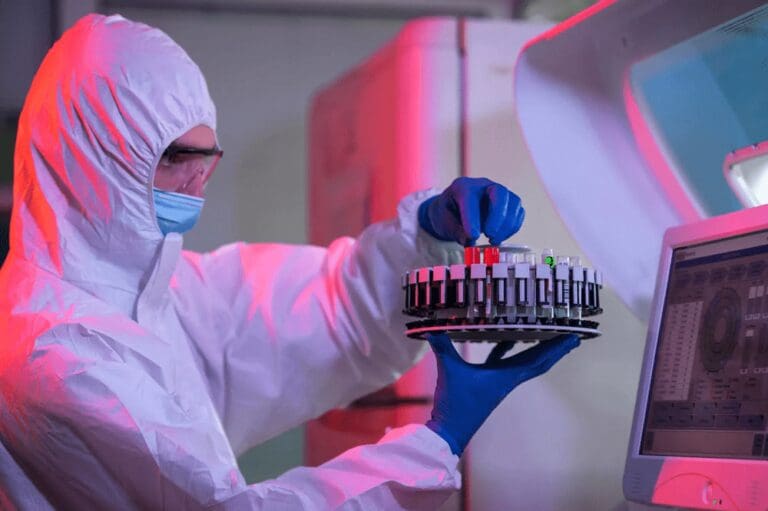In a significant move to enhance public health collaboration, Egypt and Morocco have announced the establishment of a regional bioproduction center in Cairo. This ambitious project, supported by the African Centres for Disease Control and Prevention (Africa CDC), aims to produce over 2 billion doses of COVID-19 vaccines by 2025.
The selection of Egypt as the host for the Regional Center for Capacity Building in Bioproduction (RCCN), in partnership with Morocco, follows the approval of Egypt’s proposal. This initiative underscores the commitment of both nations to strengthening pharmaceutical capabilities across the African continent.
Egypt’s Unified Procurement Authority, in collaboration with the Egyptian Vaccine Manufacturers Alliance, successfully submitted the winning bid for the project. Egyptian Minister of Higher Education, Ayman Ashour, hailed this achievement as a testament to Egypt’s dedication to advancing pharmaceutical manufacturing, particularly in vaccine production.
Morocco brings significant expertise to the partnership, having demonstrated proactive leadership in addressing the COVID-19 pandemic. The kingdom’s efforts, including the donation of vaccines and medical supplies to over twenty African countries, have been widely recognized by Africa CDC. Dr. John Nkengasong, Deputy Director for Global Health at the Centers for Disease Control and Prevention, praised Morocco’s vaccine production capacity during the pandemic, acknowledging its contribution to the continental health response.
In 2022, Morocco took a significant step forward by initiating the construction of a COVID-19 vaccine manufacturing plant in partnership with Swedish company Recipharm. This facility, with a projected annual production capacity of over two billion vaccine doses by 2025, solidifies Morocco’s position as a key player in Africa’s pharmaceutical production landscape.
Morocco has also committed to supporting Africa CDC’s ambitious goal of achieving 60% local vaccine production in Africa by 2040. This commitment aligns with broader efforts to strengthen the continent’s health capacities, reduce reliance on vaccine imports, and improve access to essential healthcare for all Africans.
The establishment of this regional bioproduction center marks a significant milestone in advancing Africa’s health sovereignty. By pooling their expertise and resources, Egypt and Morocco exemplify the importance of regional collaboration in addressing global health challenges. This initiative serves as a model for other strategic partnerships across the continent, paving the way for a more resilient and self-sufficient African healthcare system.
MK/ac/sf/lb/abj/APA


